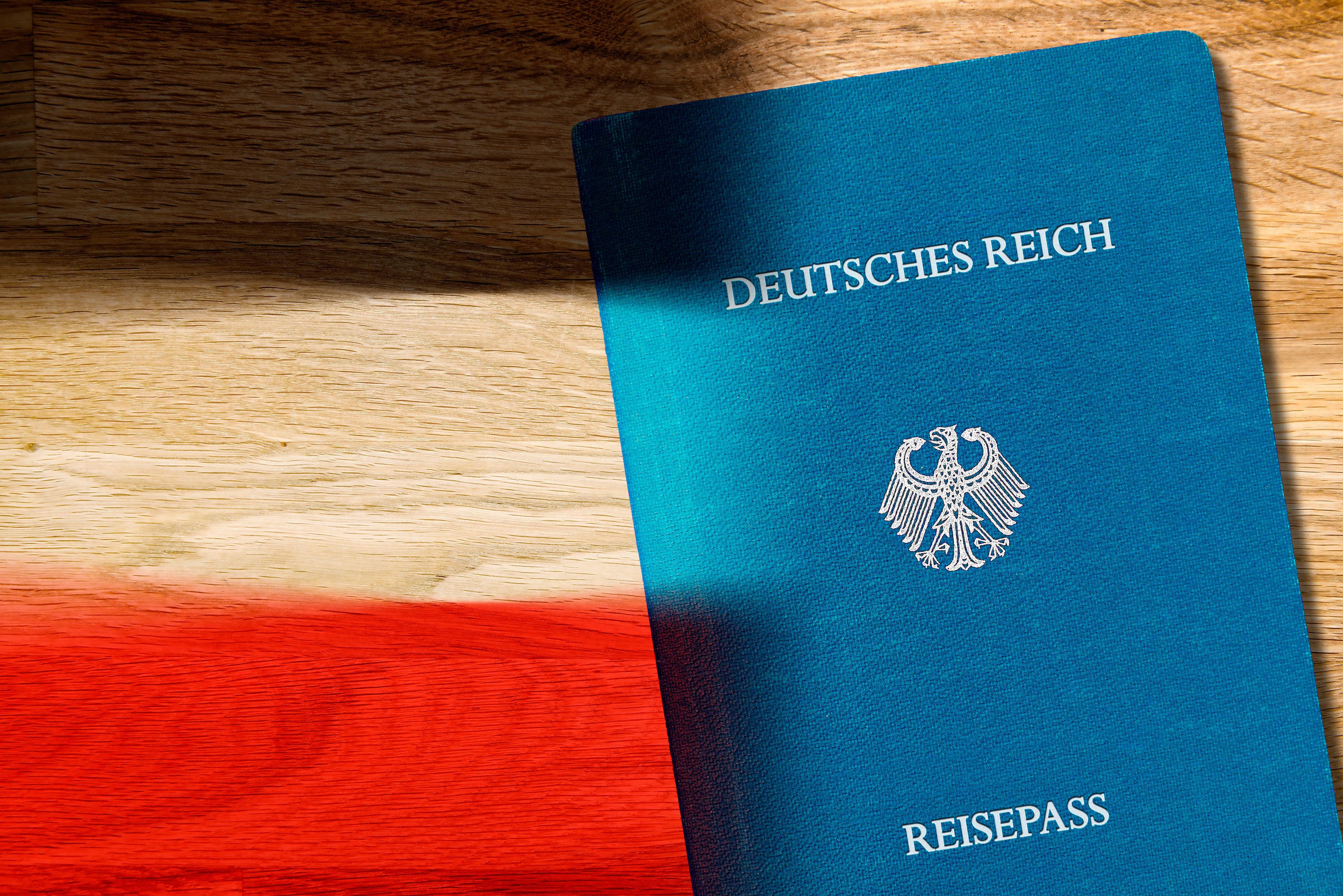September 26, 2018
When frustration with the system boils over, some vote for populist parties and politicians. But as my colleague Alex Kliment explains, other more imaginative types go a step further: they reject government authority altogether and set up their own self-styled states, some of them complete with their own flags, passports, and even currencies.
That’s what thousands of disaffected Germans have done as part of the loosely affiliated “Reichsbürger Movement,” established on the principle that the German government created after World War Two is illegitimate and that the German Empire is still legally in force. Near the city of Wittenberg in the former East Germany, a local man has crowned himself monarch of the “Kingdom of Germany,” a would-be state of 250 people who no longer pay German taxes or carry German identification papers. There are dozens of other such entities scattered across the country.
The Reichsbürger (literally, “Reich citizens”) movement dates to the 1980s, but its ranks, mainly rightwing sympathizers, have nearly doubled to 16,500 people since 2016 as broader anti-establishment sentiment has grown throughout Germany. The authorities say that about 900 members are considered extremists and that gun ownership rates in the movement are more than triple the national average of 2 percent. Last year, a Reichsbürgermember was given a life sentence for killing a policeman.
On the one hand, the Reichsbürger – like the “Sovereign Citizens” movement in the US, the “Freemen-on-the-Land” throughout the former British empire, or even the nice Norwegian lady who established the short-lived enclave of Niceland – are a weird sort of curiosity. Peter I of the Kingdom of Germany is recognized by no other governments or states.
But in a world where every level of political organization seems to be chafing against the authority of the level above it – countries against multinational unions, regions against countries, states against federal governments, and even cities against their surrounding regions and countries – they are the ultimate, if quixotic, expression of individual sovereignty. The “Reichsbürger Movement” involves thousands of people and continues to grow.
In a world where social media helps citizens with grievances find one another more easily than ever, where the Internet can give alternative narratives of sovereignty a new kind of authority, and where even guns and bullets can now be printed at home, we can expect more of these sorts of movements around the world in the coming years.
More For You
Americans are moving less — and renting more. Cooling migration and rising vacancy rates, especially across the Sunbelt, have flattened rent growth and given renters new leverage. For many lower-income households, that relief is beginning to show up in discretionary spending. Explore what's changing in US housing by subscribing to Bank of America Institute.
Most Popular
Walmart sponsored posts
Walmart’s commitment to US-made products
What's Good Wednesdays
What’s Good Wednesdays™, February 4, 2026
World Central Kitchen staff hand out free soup in a neighbourhood that experiences electricity and heating outages following recent Russian attacks on Ukraine’s civilian infrastructure during subzero temperatures in Kyiv, Ukraine February 3, 2026.
REUTERS/Thomas Peter
1,170: The number of high-rise buildings in Kyiv that were left without heating following a barrage of Russian attacks last night on Ukraine’s capital and its energy facilities, per Kyiv Mayor Vitali Klitschko.
Protesters gather during a candlelight vigil, and interfaith prayer at Fort Lauderdale-Hollywood International Airport as airport workers and faith leaders rally calling on the federal government to extend Temporary Protected Status for Haiti on Jan. 28, 2026.
Diaz/Miami Herald via ZUMA Press Wire
Over the past five years, Haiti has endured extreme political turmoil, escalating violence, and one of the world’s worst humanitarian crises.
Microsoft unveiled a new set of commitments guiding its community‑first approach to AI infrastructure development. The strategy focuses on energy affordability, water efficiency, job creation, local investment, and AI‑driven skilling. As demand for digital infrastructure accelerates, the company is pushing a new model for responsible datacenter growth — one built on sustainability, economic mobility, and long‑term partnership with the communities that host it. The move signals how AI infrastructure is reshaping local economies and what people expect from the tech shaping their future. Read the full blog here.
© 2025 GZERO Media. All Rights Reserved | A Eurasia Group media company.
